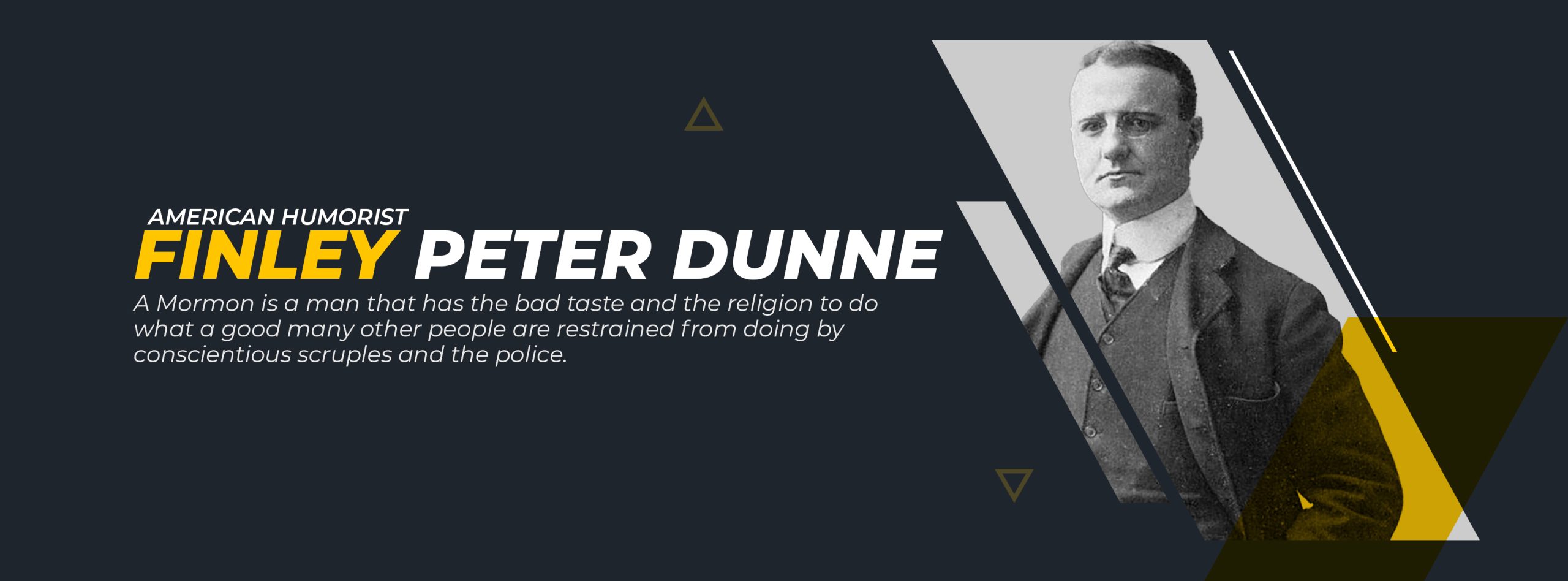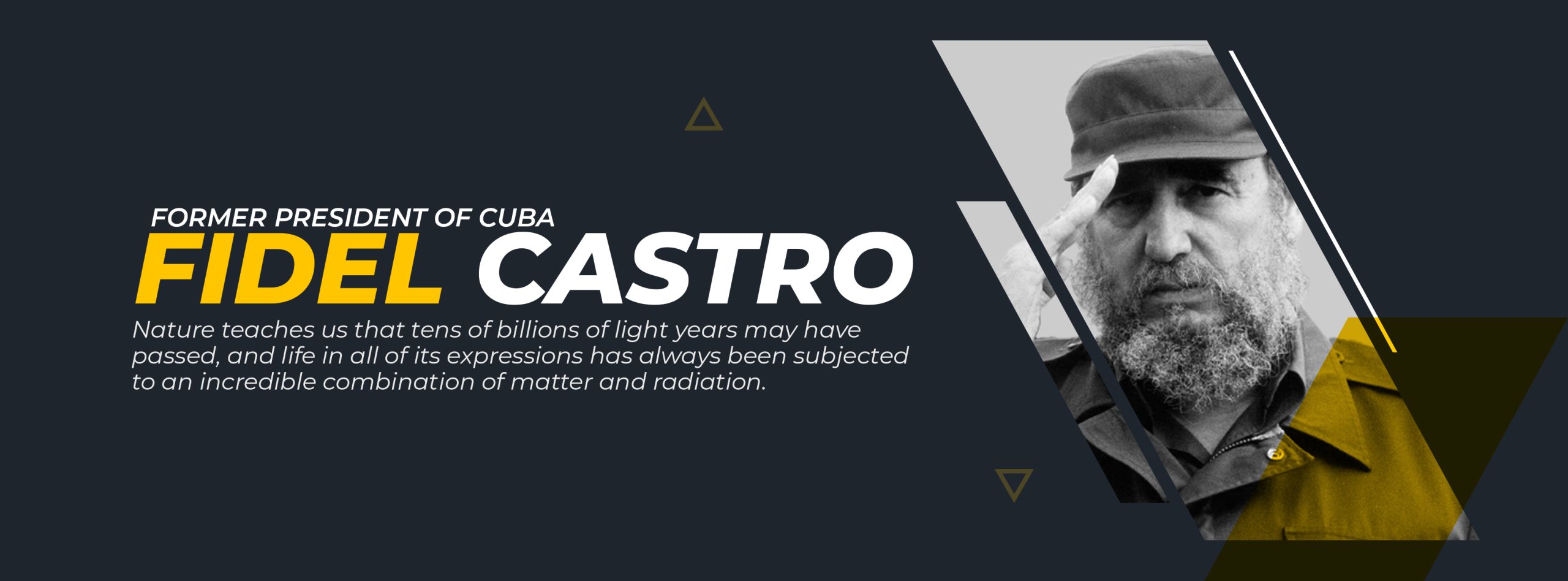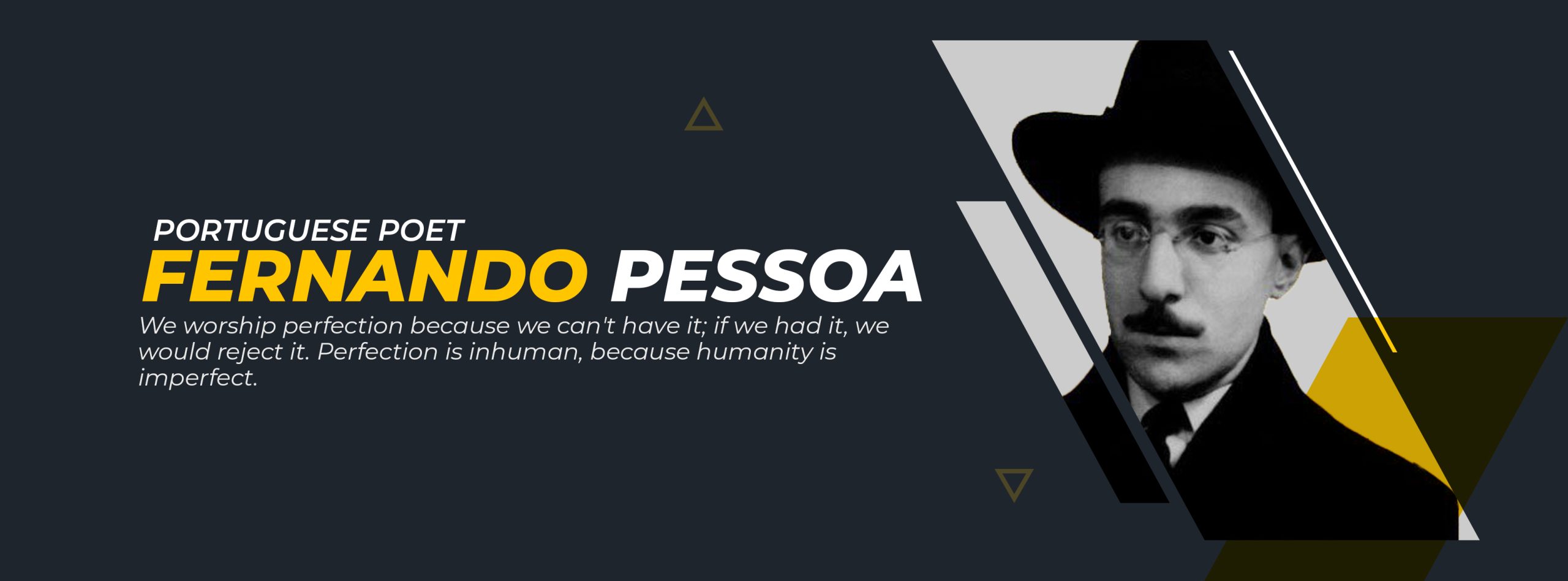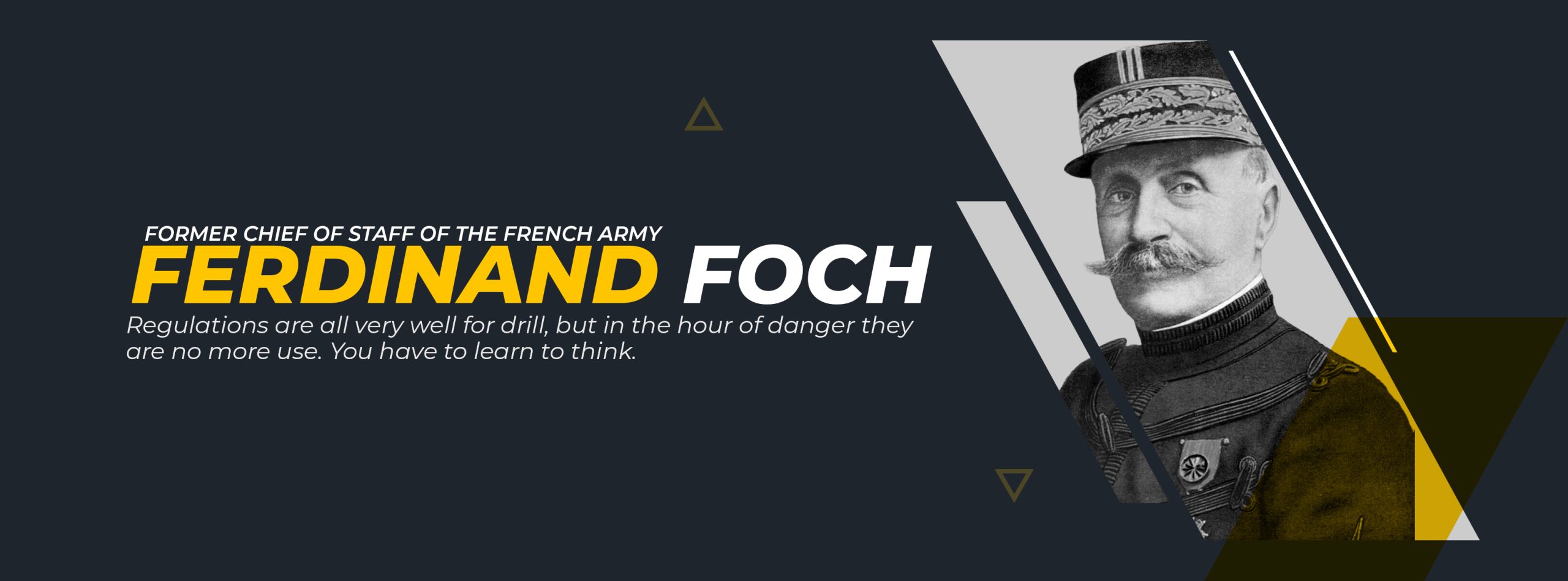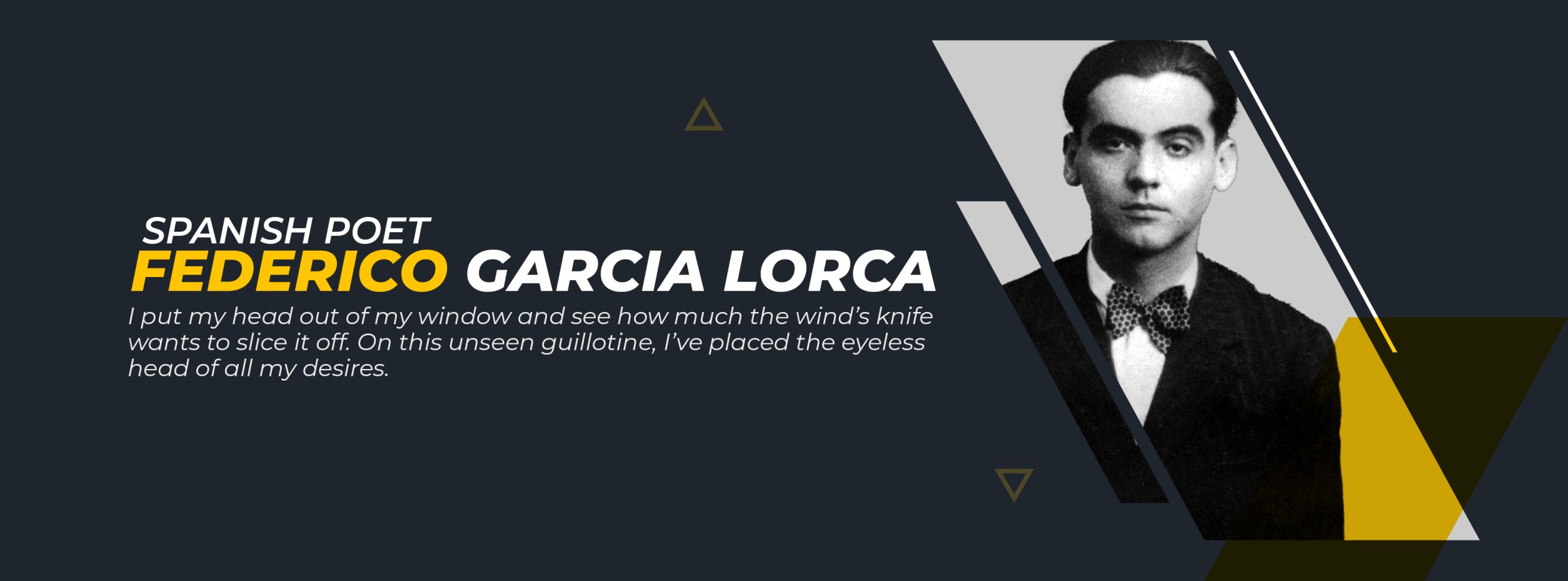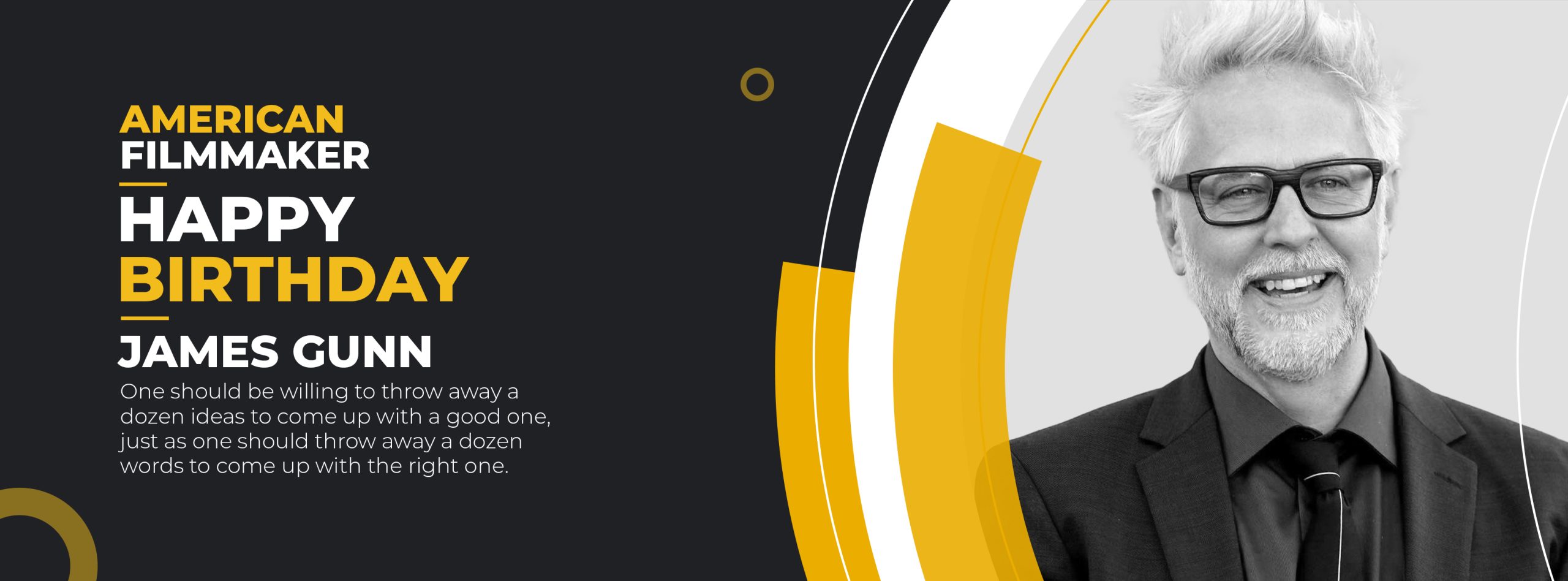Top 10 most inspiring quotes by Florence Nightingale
- I am of certain convinced that the greatest heroes are those who do their duty in the daily grind of domestic affairs whilst the world whirls as a maddening dreidel.
- You ask me why I do not write something…. I think one’s feelings waste themselves in words, they ought all to be distilled into actions and into actions which bring results.
- Let whoever is in charge keep this simple question in her head (not, how can I always do this right thing myself, but) how can I provide for this right thing to be always done?
- Were there none who were discontented with what they have, the world would never reach anything better.
- To understand God’s thoughts we must study statistics, for these are the measure of his purpose.
- Nature alone cures. … what nursing has to do … is to put the patient in the best condition for nature to act upon him.
- So never lose an opportunity of urging a practical beginning, however small, for it is wonderful how often in such matters the mustard-seed germinates and roots itself.
- What cruel mistakes are sometimes made by benevolent men and women in matters of business about which they can know nothing and think they know a great deal.
- Apprehension, uncertainty, waiting, expectation, fear of surprise, do a patient more harm than any exertion.
- Volumes are now written and spoken upon the effect of the mind upon the body. Much of it is true. But I wish a little more was thought of the effect of the body on the mind.
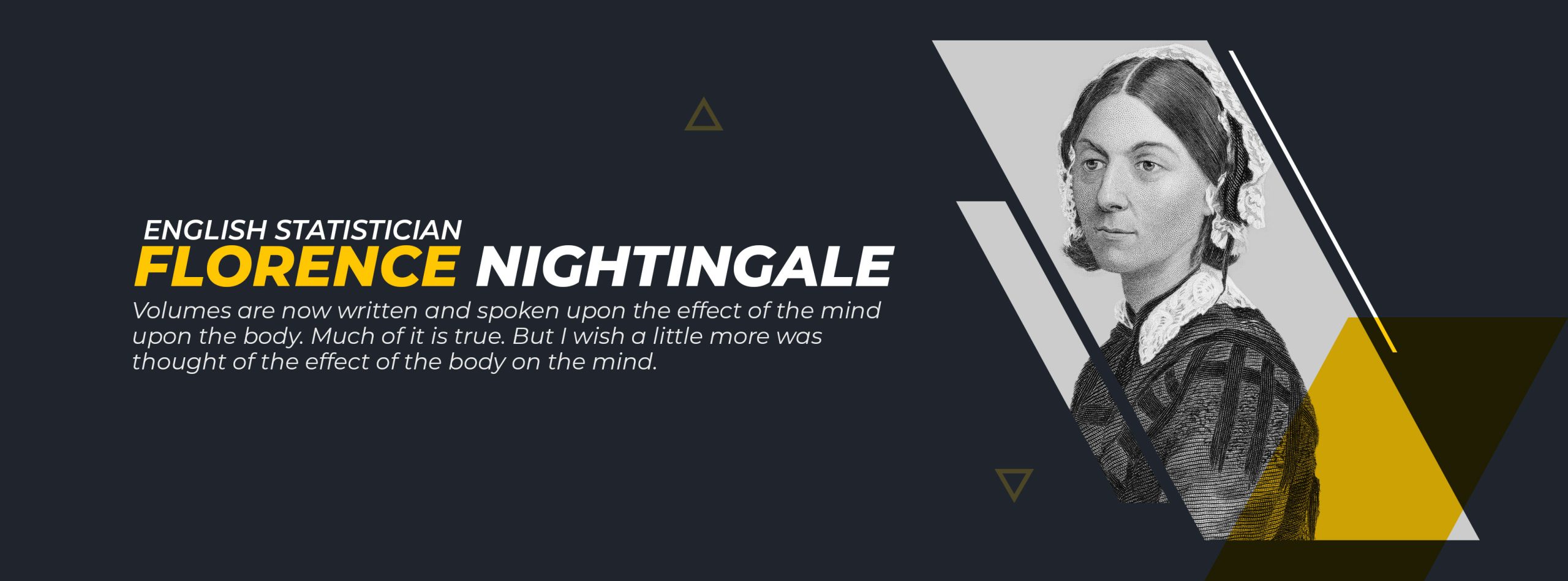
Florence Nightingale (1820–1910) was a pioneering British nurse, social reformer, and statistician who significantly impacted healthcare and nursing practices. Born into a wealthy family in Florence, Italy, she received a classical education despite the limitations imposed on women during her time.
Nightingale’s life’s calling emerged during the Crimean War (1853-1856) when she led a group of nurses to the British military hospital in Scutari, Turkey. There, she transformed the unsanitary and chaotic conditions into a model of nursing care, significantly reducing mortality rates and improving patient outcomes.
Her work in the Crimean War earned her the nickname “The Lady with the Lamp,” symbolizing her tireless and compassionate care for wounded soldiers during nightly rounds. Upon her return to England, Nightingale advocated for healthcare reform, emphasizing the importance of hygiene and nursing education.
In addition to her nursing achievements, Florence Nightingale was a skilled statistician and data analyst. She used statistical methods to illustrate the significance of proper sanitation and hospital administration, pioneering the use of statistics in public health.
Throughout her life, Nightingale’s dedication to improving nursing practices and healthcare earned her international recognition. She authored several influential books, including “Notes on Nursing,” which remains a cornerstone of nursing literature.
Florence Nightingale’s legacy continues to influence modern nursing practices, healthcare policy, and public health initiatives worldwide. Her passion, leadership, and analytical approach to healthcare have left an indelible mark on the medical profession, earning her the title “The Founder of Modern Nursing.”
👉Listen to the best music from all over the world at www.liveonlineradio.net #Florence_Nightingale #quotes #FM #Online_radio #radio #live_online_radio #live #world_radio


